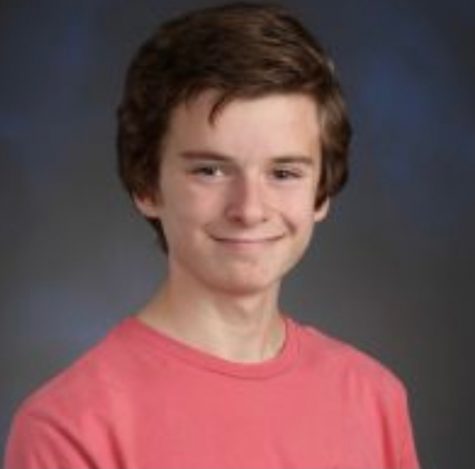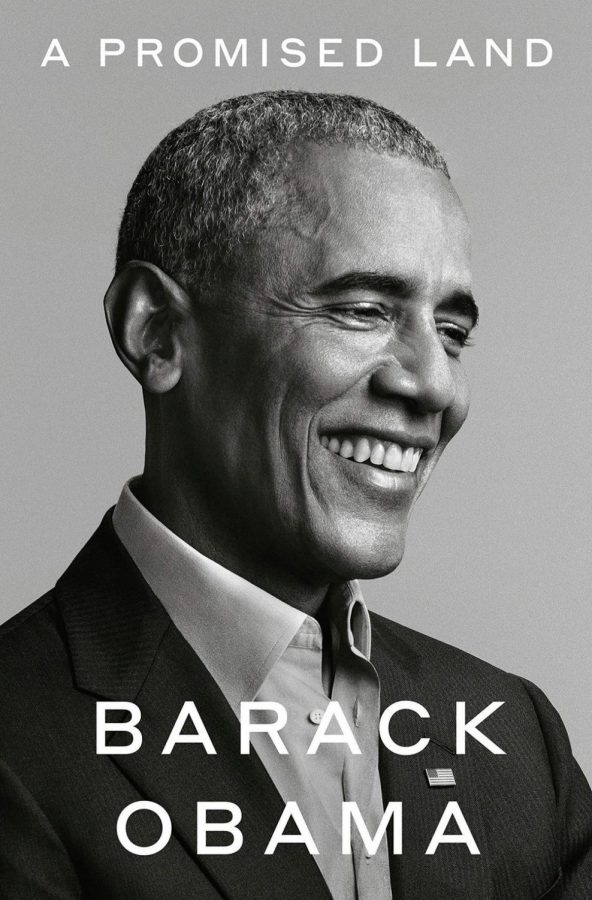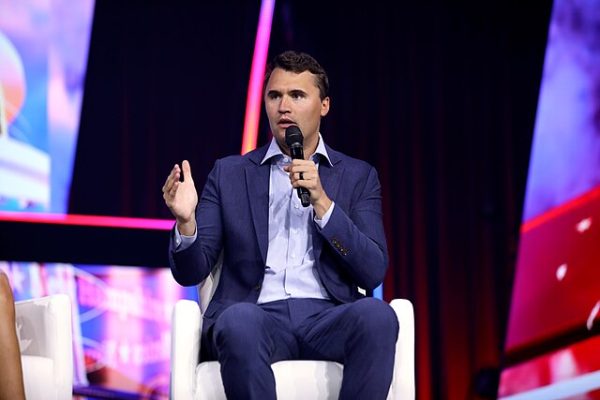Obama’s Down-to-Earth Memoir Provides Lessons for All
Even at 701 pages, the first volume of former President Barack Obama’s memoir, A Promised Land, flies by. It’s a fun and interesting read. His signature themes, from his 2008 Presidential campaign, of hope and change are back and the message hasn’t gotten old. It left me inspired—a perfect book to usher in the new year and the new administration.
The memoir recounts Obama’s childhood and then takes the reader on his incredible journey from a community organizer in Chicago to President of the United States. That said, this first volume only gets as far as 2011, around the time of the events surrounding the killing of Osama Bin Laden.
While readers will have to wait until the second volume is released to hear tales of the events from the rest of Obama’s Presidency, there is so much to appreciate in the earlier years, especially for young people. Obama noted in his memoir that he hoped to “inspire young people considering a life of public service.” He further added his desire that the book would be “an invitation to once again remake the world and to bring about, through hard work, determination and a big dose of imagination, an America that finally aligns with all that is best in us.”
Obama is honest about growing up as a regular kid and not necessarily standing out in his high school years. Readers might be surprised to learn that Obama, “for most of [his] teenage years, was not a budding leader but rather a lackadaisical student … and an incessant dedicated partyer.” That is one of Obama’s first lessons to young people: Don’t count anybody out. With self-deprecating humor, he muses that it was likely his high school classmates, when they saw where he ended up, “must have said to themselves … how the hell did that happen?”
Obama also writes of the important lessons his mother taught him about the need to practice empathy, kindness, and respect. Specifically, his mother instructed him to be “the kind of person who builds power not by putting others down but by lifting them up.” Obama reflects candidly about how his mother let him have it when he was teasing another kid and wasn’t his best self. Her straight talk was effective, and Obama attributes his leadership style to those early lessons from his mother.
Obama also encourages his readers not to be beholden to destiny. He tells the story of how, gradually, the idea of becoming President “no longer felt outside the realm of possibility.” With a voice that is both humble and, at the same time, aware of his success, Obama provides inspiration and a bit of a warning that “in a single lifetime, accidents and happenstance determine more than we care to admit; and that the best we can do is to try to align ourselves with what we feel is right and construct some meaning out of our confusion, and with grace and nerve play at each moment the hand that we’re dealt.” Obama is especially inspiring at this point in his story, telling the reader to not be afraid to go for it. His story remains relatable and motivating, even while describing how he became the most powerful person in the world.
When the presidency became a real possibility, Obama admits feeling the kind of fear that causes one to awake from their sleep; “the fear came from the realization that [he] could win.” The lesson here is the importance of overcoming fear of success. How many high school students are ridden with fear when they realize they actually might get into their “reach” university, win the student government election, cross the finish line first, or make it into that honors class?
Obama’s story makes it clear that he has been successful because he is the kind of guy who is willing to “be skeptical of convention and pretense.” He describes his similarity and his affection for his 2008 campaign manager, David Plouffe, because they shared these values. Obama describes how they ran the primary campaign differently from how most thought a primary should be run. Contrary to conventional wisdom, Plouffe focused exclusively on winning Iowa, and it worked. Obama’s primary campaign’s success and the success of his entire Presidential campaign can be credited to yet another important philosophy—he and his team had the “willingness to work longer and harder.”
Not all of the memoir’s lessons are serious or life-changing, such as making sure you don’t have anything in your teeth. Obama’s memoir often shows a practical side. He had his priorities straight when he asked his body man, Reggie Love, to make sure he didn’t have anything in his teeth right before he gave an inaugural address to hundreds of thousands of people on the Mall.
Obama’s decency comes through with the lesson that there are more important things than getting re-elected; there are more important things than being liked or being popular. He tells the tense story of passing the Affordable Care Act (ACA). He explains how difficult the process was, and how much compromise was required to pass this enormous piece of legislation, 2,700 pages that would help millions of Americans. To convince politically vulnerable representatives to vote for the ACA, he reminded them they would “have that rare chance to bend history in a better direction.”
The reader is able to actually feel the hard-fought battle to pass the ACA. It’s clear President Obama left everything on the field. Reminding us of his high school self, Obama retells how he threw a party to celebrate the night the ACA passed. After all, Michelle and the kids were out of town. Lesson number nine: Don’t be afraid to celebrate your successes with a rager!
Speaking of parties, don’t be afraid to crash a party. When President Obama and Secretary of State Hillary Clinton realized that Chinese Premier Wen Jiabao was “ducking” them by hiding out in a conference room at a summit in order to avoid a commitment to reducing greenhouse gases, they did not give up. Obama was determined to find Wen to secure a commitment. Obama playfully asked Secretary Clinton, “When was the last time you crashed a party?”
The two set out to find Premier Wen, who was holed up with diplomats from India who were also trying to avoid the U.S. team. By crashing that party, walking into the room where the Indian and Chinese delegations were hiding, and confronting Wen, Obama and Clinton succeeded “in getting China and India to accept—no matter how grudgingly or tentatively—the notion that every country, and not just those in the West, had a responsibility to do its part to slow climate change.”
The presidency, as Obama pointed out early in the book, was “just a job.” The memoir shows that the job was sometimes even a slog, despite its incredible grandeur and privilege. Still, he reminded himself to take the “time to appreciate the plush beds of tulips-yellow, red, pink.” This lesson, stop and smell the flowers, is a universal one, that applies to many, including Latin high schoolers. Obama provides this wisdom as the 700-page first volume nears its conclusion.
“On a bright February morning in 2007,” Obama announced his candidacy for President of the United States in Springfield, Illinois. Latin’s seniors would only have been in junior kindergarten at the time. Now, almost 14 years to the day from when he announced his candidacy, we ask ourselves if we can come together as Americans to protect our democracy. Can we recover from the ravages of COVID? It will take commitment and the kind of imagination and inspiration exemplified by Obama.
After reading Obama’s memoir, the reader is left saying, “Yes we can!”

Matthew Kotcher ('23) is thrilled to continue to serve on The Forum as the Arts Editor and now as Director of Staff Recruitment and Development. Matthew,...



















































